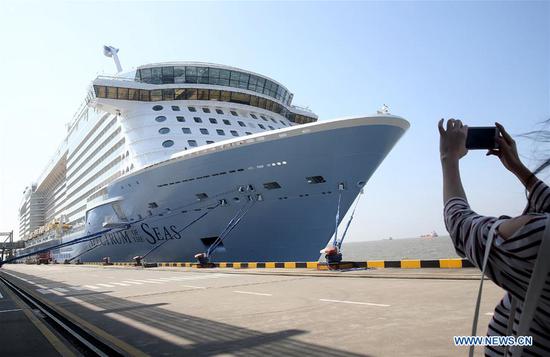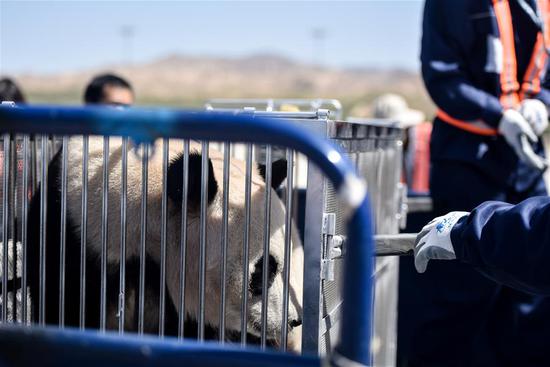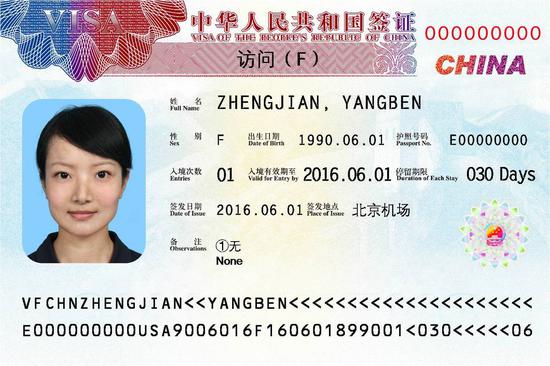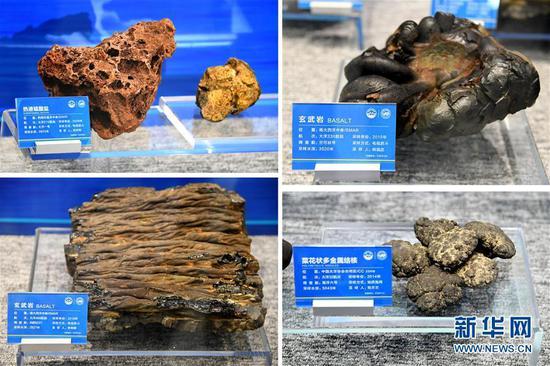Money laundering and global financial crime could undermine trade and investment in major financial markets, offshore centers, and emerging markets.
The global phenomenon could put China at risk as well, an economy that is now so integrated into the international financial system. As China opens its economy and financial sectors to foreign trade and investment, it could become an easy target for global financial crime. This requires increased efforts on the part of authorities, as well as reforms in the financial systems, to combat this global threat.
As a member of the Financial Action Task Force (FATF) and a responsible member of the international community, China is doing just that. Securities regulator in China has now introduced a string of concrete measures and reforms to further combat money laundering and other economic and financial crimes.
The China Securities Regulatory Commission (CSRC) has enhanced regulation cooperation and information sharing with international trading partners to ensure a stable and healthy environment in the capital markets. The CSRC has also improved the regulatory mechanism for anti-money laundering (AML) to create a better environment for foreign trade, investment, and cooperation, while setting a successful example for other emerging economies to follow.
Of course, just like any other country, China needs to do more in certain areas, such as foreign exchange, but the world's second-largest economy has still managed to successfully implement financial reforms and measures to combat money laundering and international financial crimes. Among them, passing the AML law and introducing new rules and regulations that require banks to report suspicious transactions and illicit activities are cases in point.
There are several reasons why China has been, and still is, at the forefront of the fight against global financial crime in the past decades.
The global phenomenon of money laundering is an existential threat to the very fabric of Chinese economy. International money laundering and other economic and financial crimes could disrupt China's economic growth and financial stability. The country needs to adopt global standards and forge international partnerships to stop criminals from carrying out their activities, and to minimize significant socio-economic costs and risks that might go with them.
Money laundering could devalue China's national currency and weaken interest rates if criminals reinvest their funds and are not detected. This in return could undermine public trust and make China's long-term economic policies and plans worth hundreds of billions of dollars difficult to achieve.
China is a global hub for investment and trade, and the biggest exporter and the second-largest importer of goods. Weaknesses in its financial institutions, trade-based schemes, and money transfer systems cannot be allowed to be exploited by criminal gangs, drug cartels, and fraudsters. These vulnerabilities could facilitate global crime and terrorism financing, and need to be adjusted through international cooperation.
As an international center for money transfers, China cannot afford to become a center for money laundering and global financial crime. To stop this from happening, China needs to support national and international investigations to target organized crime and trafficking networks, promote the application of drug control treaties, and develop and implement practical measures to fight any corruption within the financial systems. This includes a crackdown on those taking bribes, steady and ongoing improvements to the AML framework, and countering the outflow of money from financial systems and institutions.
Because of strict financial rules and practices, it is very difficult, if not impossible, for convicted criminals and trafficking networks to open bank accounts and front companies in China, or create weak points that could be exploited. Many banks have access to extensive global risk information, which means criminals and trafficking networks cannot finance front companies to do international trade-based money laundering.
As is often the case, China should continue to report and share information and practices for suspicious transactions with the FATF and other international partners. The country should also increase onsite inspections in the banking sector, extend the AML law to the online lending sector, and raise the size of penalties for violations of the law.
In real terms, China has successfully managed to do all these and more. It has protected its reputation and financial institutions from international money launderers in today's integrated global economy. As a result, international confidence in the transparency of China's capital markets and investment profits, as well as its global opportunities and sustainable growth, remains as strong as ever.
The author, Bobby Naderi, is a journalist, current affairs commentator, documentary filmmaker and member of the Writers' Guild of Great Britain.

















































